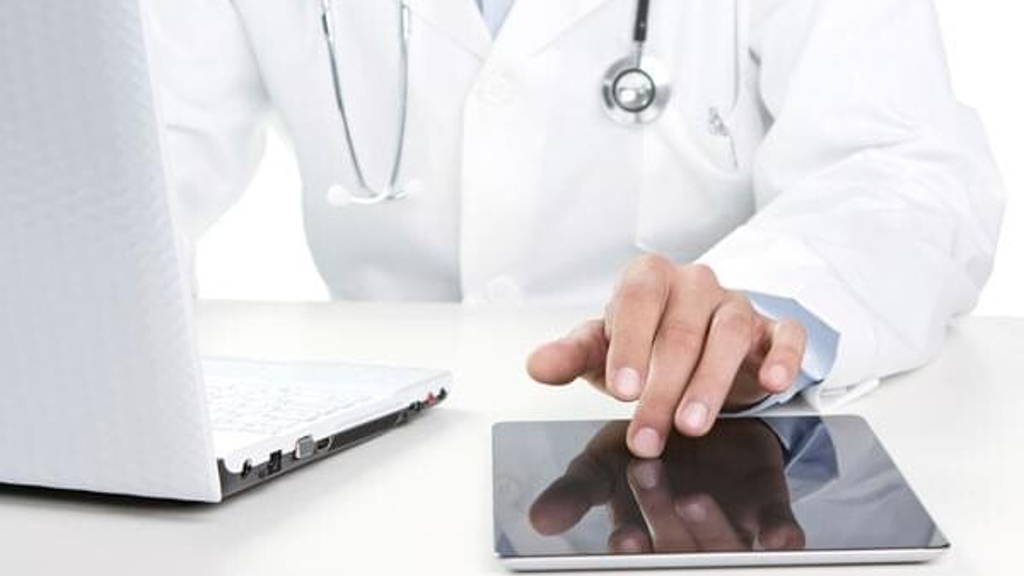Regular hospitals historically make money on patients showing up to receive services. The health care industry has historically been designed around the physicians and providers, asking patients to come to their place of work. Kaiser Permanente is reversing this model by bringing health care services to the patients.
With the rise of mobile technology and online communications, the hospital chain has been increasingly using technology to cut down on the need for patients to trek to their doctor’s office.
23andMe, a company that sells saliva-based DNA-collection kits, supports this sentiment. Anne Wojcicki, co-founder and CEO of 23andMe explains that her company’s mission is to help its customers participate in their own health decisions by providing them with information about their genetics. Customers order and send back a DNA-kit to receive a range of information about their genetics. There’s no need to go to a doctor or geneticist to get information. “All of you are quite capable of learning about genetics,” she added.
With the rise of mobile technology and online communications, the hospital chain has been increasingly using technology to cut down on the need for patients to trek to their doctor’s office.
Patients behave like consumers
Kaiser Permanente is partially a not-for-profit organization, which allows them to focus on how best to spend the budget and serve patients instead of focusing on increasing revenue-generating visits and procedures, Tyson added. “What we’re now seeing is greater interaction with our members and the health care system,” said Tyson. “They’re asking different questions, they’re behaving more like consumers, and medical information now is becoming a critical part of how they’re making life choices.”23andMe, a company that sells saliva-based DNA-collection kits, supports this sentiment. Anne Wojcicki, co-founder and CEO of 23andMe explains that her company’s mission is to help its customers participate in their own health decisions by providing them with information about their genetics. Customers order and send back a DNA-kit to receive a range of information about their genetics. There’s no need to go to a doctor or geneticist to get information. “All of you are quite capable of learning about genetics,” she added.






